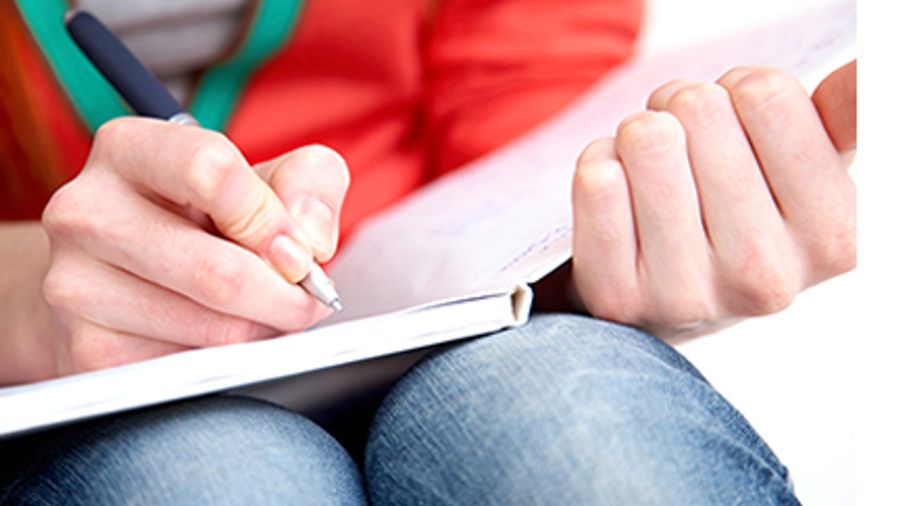Keep a Sleep-Wake Diary

A sleep-wake diary offers an easy way to track when you go to bed, how long you sleep, how well you sleep, and how alert you feel from day to day.
Diaries may also help you keep tabs on caffeine, alcohol, medicines, and foods you consume, as well as your work schedule, exercise, and other activities that may affect your sleep.
If you keep a diary for a couple of weeks or longer, you may see patterns that you didn’t consider important before.
Does drinking coffee late in your work day disrupt your sleep? Does consuming alcohol near bedtime make you toss and turn, or wake up sooner than you wish?
Does street traffic disturb you? If so, can you sleep in a different room, install soundproofing material in your bedroom, or sleep with earplugs?
Figuring out what helps and hurts your sleep may help you see what to do to sleep better.
Print out this sleep-wake diary, and start it today.
Consider sleep tracking apps
As an alternative to tracking your sleep using paper and pencil, type “sleep app” into your Internet browser’s search box to find free or low-cost apps to help you document and analyze your sleep. As with the sleep-wake diary, many have note functions, so you can track things like caffeine use, meal times, and exercise, and assess their impact on your sleep.
Some apps provide white noise, lullabies or other soothing music, or nature sounds to relax you at bedtime. Others offer tips for stretching and relaxing muscles, deep breathing, or guided imagery to ease you into sleep.
 Railroaders' Guide to Healthy Sleep
Railroaders' Guide to Healthy Sleep